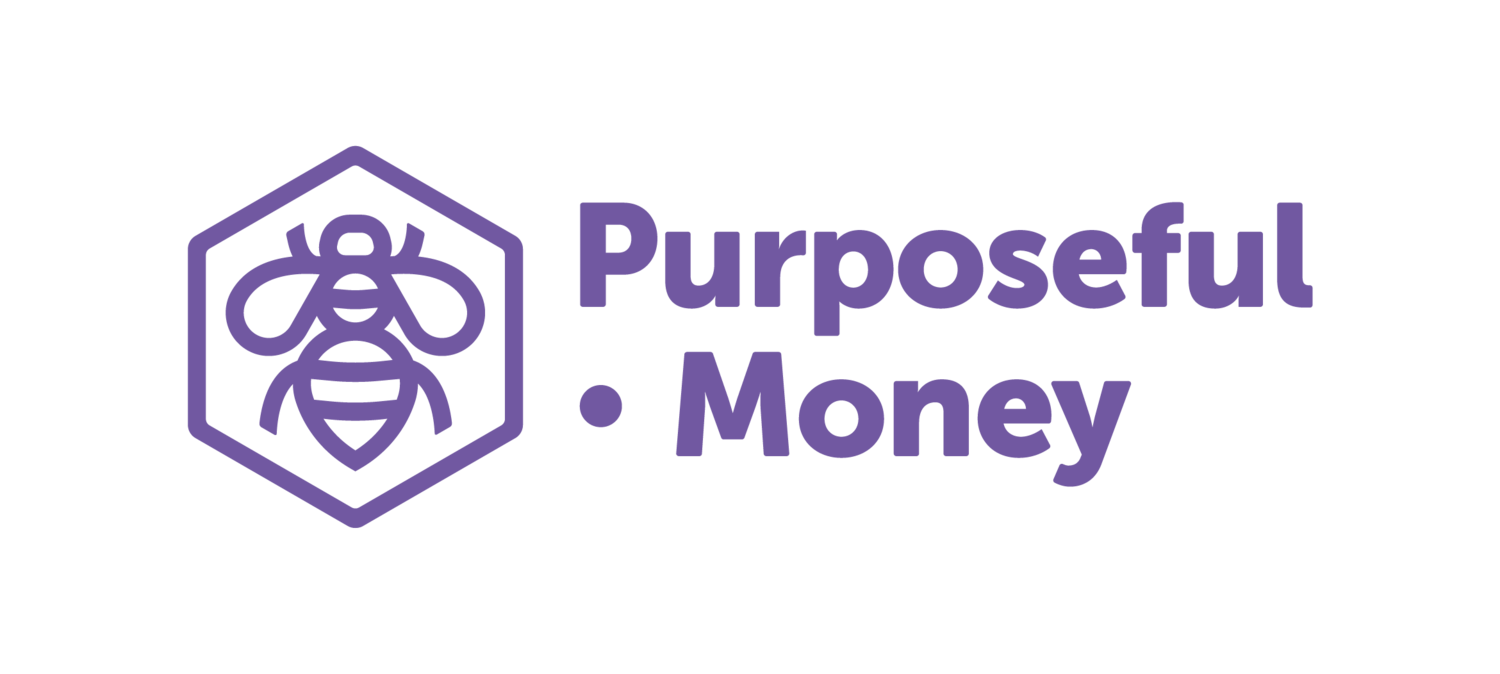The History of Socially Responsible Investment
/Our approach hasn't just come out of the blue; it's the logical next step in the evolution of sustainability. If you're interested, here's a whistle-stop tour of where sustainable finance has come from.
1758 – One of the first known acts of Socially Responsible Investing occurs
At their annual meeting, the Pennsylvania Quakers decided to prohibit members from participating in the slave trade. It was another group of London-based Quakers that later formed the Committee for the Abolition of the Slave Trade in order to educate the public about the inhuman and immoral treatment of slaves, and eventually bring about the abolition of the international slave trade in 1807.
1819 – The Cotton Mills and Factories Act is passed by Parliament
This was the first UK Act of Parliament that attempted to regulate the hours and working conditions of children working in the cotton industry. In isolation, the Act did little more than set a fairly unambitious and unenforceable standard. However, in context, it established the groundwork for Parliamentary intervention on conditions of employment and workers’ rights for many other subsequent Acts to follow.
1955 – Martin Luther King jr. leads the Montgomery Bus Boycott
An influential point in the history of the Civil Rights Movement, the Montgomery Bus Boycott, was spawned from the actions of Rosa Parks, who famously refused to relinquish her seat on a bus in favour of a white man. Parks was arrested for her gesture of civil disobedience – an event which lead Edgar Daniel Nixon to plan the ensuing boycott of citywide public transport. Martin Luther King jr. was chosen to lead the boycott, elevating his status as a Civil Rights activist. This also served as a platform for his widespread and historic attempts to combat racial inequality.
1984 – Friends Provident launch the first ethically screened investment fund in the UK
In May of 1984, Friends Provident began to offer investors access to a negatively-screened investment fund which excluded tobacco, alcohol, armaments and oppressive regimes. They named it the Stewardship fund and it is still investing to this day.
1986 – Barclays Bank and General Motors (GM) prove the power of divestment by halting their operations in South Africa
Following a decade of “divestment campaigns” among US College funds, Barclays Bank and GM became the first major corporations to cease their activities in South African markets. Other large companies soon followed suit and boycotted business undertakings in South Africa. This rapid outflow of money from the country was one of the tipping points of the anti-Apartheid movement, and ultimately led to the dismantling of the Apartheid system in 1991.
1990 – The SRI Conference is founded and has its first annual meeting
George R. Gay organised the first conference where investment professionals in the SRI industry were able to exchange ideas and gain momentum for new positive initiatives. The conference has grown over time and consistently attracts over 500 people annually from across the US.
2004 – The largest pension fund in the World establishes ethical guidelines for investment
It was discovered that the $1 trillion Government Pension Fund of Norway was invested in some highly controversial companies — with involvement in such industries as arms production, tobacco and fossil fuels. As a result, a set of ethical guidelines were put in place to prevent investment in companies that directly or indirectly contributed to killing, torture, deprivation of freedom or other violations of human rights. A tobacco divestment followed in 2010, along with a partial-divestment from coal in 2014.
2006 – The United Nations launches their Principles for Responsible Investment
The basis of the Principles is that Environmental, Social & Governance issues (such as human rights violations or climate change) can adversely affect the performance of investment portfolios. For that reason, they should be considered by institutional investors in order to fulfil their duty to clients. The Principles saw a marked increase in signatures in the wake of the Global Financial Crisis.
2007 – The U.S. Government approves the Sudan Accountability and Divestment Act
The Sudanese genocide began in 2003; by 2006, it was estimated that upwards of 300,000 civilians had died as a result of the war in the region of Darfur. Drawing on the impact that divestment had upon the termination of the apartheid, the Sudan Divestment Task Force was set-up in order to emulate this success in opposing the conflict in Darfur. A year later, the U.S. Government approved the Sudan Accountability and Divestment Act, encouraging state and local governments to take-up targeted divestment measures and prohibiting investment with companies operating in Sudan’s oil, power, mineral and military sectors.
2015 – The United Nations outlines their Sustainable Development Goals
The UN Secretary-General, Ban Ki-Moon addressed nations by saying “We don’t have any ‘plan B’ because we don’t have any ‘planet B’”. This thought guided the development of the United Nation’s 17 Sustainable Development Goals. Countries adopted the goals, aimed at ending poverty, protecting the planet and ensuring prosperity for all. Each goal has specific targets that are to be achieved by 2030.

